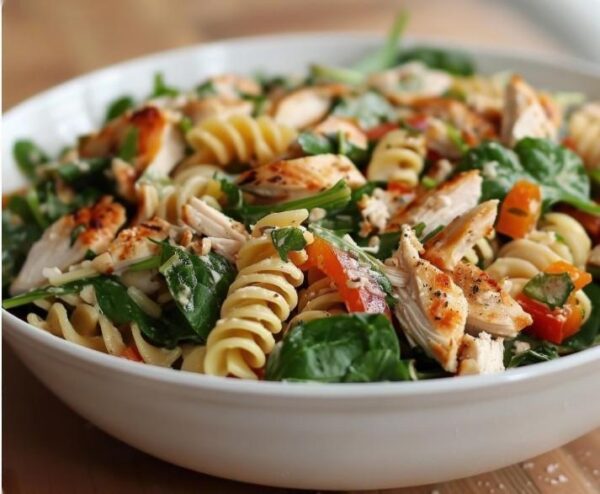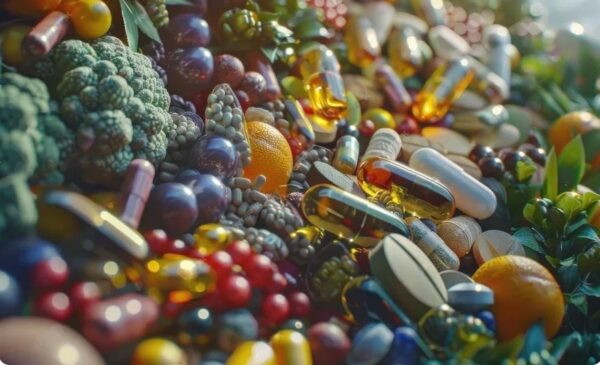I used to think running a marathon was just about strong legs and determination. But during my first 16-week training cycle, I hit a wall—literally and figuratively. I was bonking during long runs and often fatigued. That’s when I realized: I wasn’t feeding my engine right. Nutrition, I discovered, wasn’t just an add-on to my training—it was crucial for my training. In this post, I’ll walk you through how to benefit from marathon nutrition the best way—based on science, experience, and a few hard-learned lessons.

🧭 Your Personalized Marathon Nutrition Plan
When I began taking nutrition seriously, I realized something life-changing: every runner’s body is unique. Your marathon nutrition plan should be, too. You can’t copy someone else’s meal plan and expect it to fuel your engine. Our energy needs vary based on training volume, pace, weather conditions, weight, metabolism, and even stress levels. I remember comparing my pasta portions to those of my faster friends—only to realize I was under-fueling because I was afraid of eating “too much.”
Marathon nutrition isn’t about restriction. It’s about provision. Your body is a high-performance machine. You wouldn’t take a road trip with half a tank of gas, right? The same logic applies here. You need protein to rebuild muscles, carbohydrates to fuel your runs, and fats to sustain longer energy. Add to that hydration and electrolytes—and suddenly, you’re not just training; you’re thriving.
“Nutrition is not about restriction — it’s about permission. Your body performs best when it’s fully fueled.”
🍞 Carbs Are More Than Pasta—They’re Power
One of the biggest eye openers in my running career came when I started seeing carbs not as “bad,” but as power. When I learned how glycogen works—how our muscles and liver store it like backup batteries—I started eating to charge. Before every long run, I started “carb priming” with oats, banana, and honey. Not fancy. But I stopped bonking. My pace improved. And more importantly, I began to enjoy my long runs again.
Carbs are the muscles’ best fuel. But the body can only store around 400 grams in the muscles and 100 in the liver. That’s not much if you’re burning 800+ calories per hour on a long run. That’s why spreading your carb intake across the day is smarter than one big pasta dinner. Think brown rice at lunch, a banana for a snack, and quinoa or sweet potatoes for dinner.

“Carbohydrates are the currency of endurance—spend them wisely and often.”
🔍 Understanding Simple vs. Complex Carbs
Before I understood the difference, I thought all carbs were created equal. After all, sugar is sugar, right? Not quite. One day, I fueled a tempo run with candy. I spiked, then crashed—hard. That’s when I learned the importance of complex carbs. They digest slowly, stabilize blood sugar, and give you long-lasting energy. Think of them as the slow-burning log on your energy fire.
Simple carbs—like energy gels and sports drinks—have their place, especially mid-run. But your foundation should be built on complex carbs like oats, legumes, brown rice, and vegetables. Not only do they power you steadily, but they’re also loaded with nutrients and fiber that help your gut stay happy during training.
“Use simple carbs for speed, use complex carbs for stability. Think sprint versus marathon.”
💧 Hydration and Fuel Go Hand in Hand
I’ll never forget the time I didn’t drink enough on a hot 20-miler. The last 5K felt like I was moving through concrete. It wasn’t just dehydration—it was underperformance. Water doesn’t just cool us down. It transports nutrients, helps us digest food, and keeps the body’s systems running efficiently.
Did you know each gram of glycogen stored in your body holds about 3 grams of water? That means as you burn through your fuel stores, you’re losing fluid as well. Runners need to drink consistently—not just when they feel thirsty. And when the sweat pours, electrolytes like sodium, potassium, and magnesium must be replaced too.

“Every drop of sweat is a message: replenish me.”
🍎 Fiber, Vitamins, and the Invisible Nutrients
Let’s talk about something runners often ignore—digestion. Ever felt bloated or sluggish mid-run? It might be your fiber timing. I used to overdo vegetables the night before long runs. Rookie mistake. While fiber is essential for long-term health, the timing is everything.
Fiber helps with gut motility and fullness, but it should be consumed in balance. Just like vitamins and trace minerals, these invisible nutrients impact everything from oxygen uptake to recovery speed. Leafy greens, whole grains, and colorful veggies are powerhouse sources—but adjust your intake to avoid gut discomfort on training days.

“Micronutrients are quiet performers—ignored until they’re missing.”
🧠 Final Thoughts: Fuel Your Heart, Not Just Your Miles
Nutrition isn’t just about hitting macros. It’s about learning what your body truly needs—and treating it with care. When I look back, the biggest shift wasn’t just physical—it was emotional. I began honoring my training by feeding myself with intention. And that made me feel like a real runner.
🧾 FAQ: Marathon Nutrition Basics
1. What should I eat before a marathon long run?
Aim for a carb-rich meal 2–3 hours before, like oatmeal with banana and honey. Avoid high fiber or fat.
2. How many carbs do I need during a run?
For runs longer than 90 minutes, aim for 30–60 grams of carbs per hour via gels, chews, or sports drinks.
3. Should I eat differently on rest days?
Yes—cut back slightly on carbs but keep protein high to support recovery.
Fueling right changed my running. It can change yours too. The marathon isn’t just about endurance—it’s about understanding what your body needs to keep going, one bite and one step at a time.
Thanks for reading. If you found this helpful, feel free to share it with a fellow runner—or anyone who needs a reminder that the finish line is never as far as it seems.
This post has been updated with improved structure, new insights, and refined nutrition examples to make it clearer and more helpful for runners preparing for marathon training.






What you have shared is much food for thought. If we are to be the best we can be then we must treat our bodies right by putting the right fuel into it. Our bodies are just like and automobile if we give it the wrong substance it will not perform its best or perform at all so let’s give our bodies the healthy stuff so we can stay fit and healthy performing at our best having good endurance to go those extra miles.
Hi Norman
Thank you for the comment
Great metaphor with the automobile.
Be Well